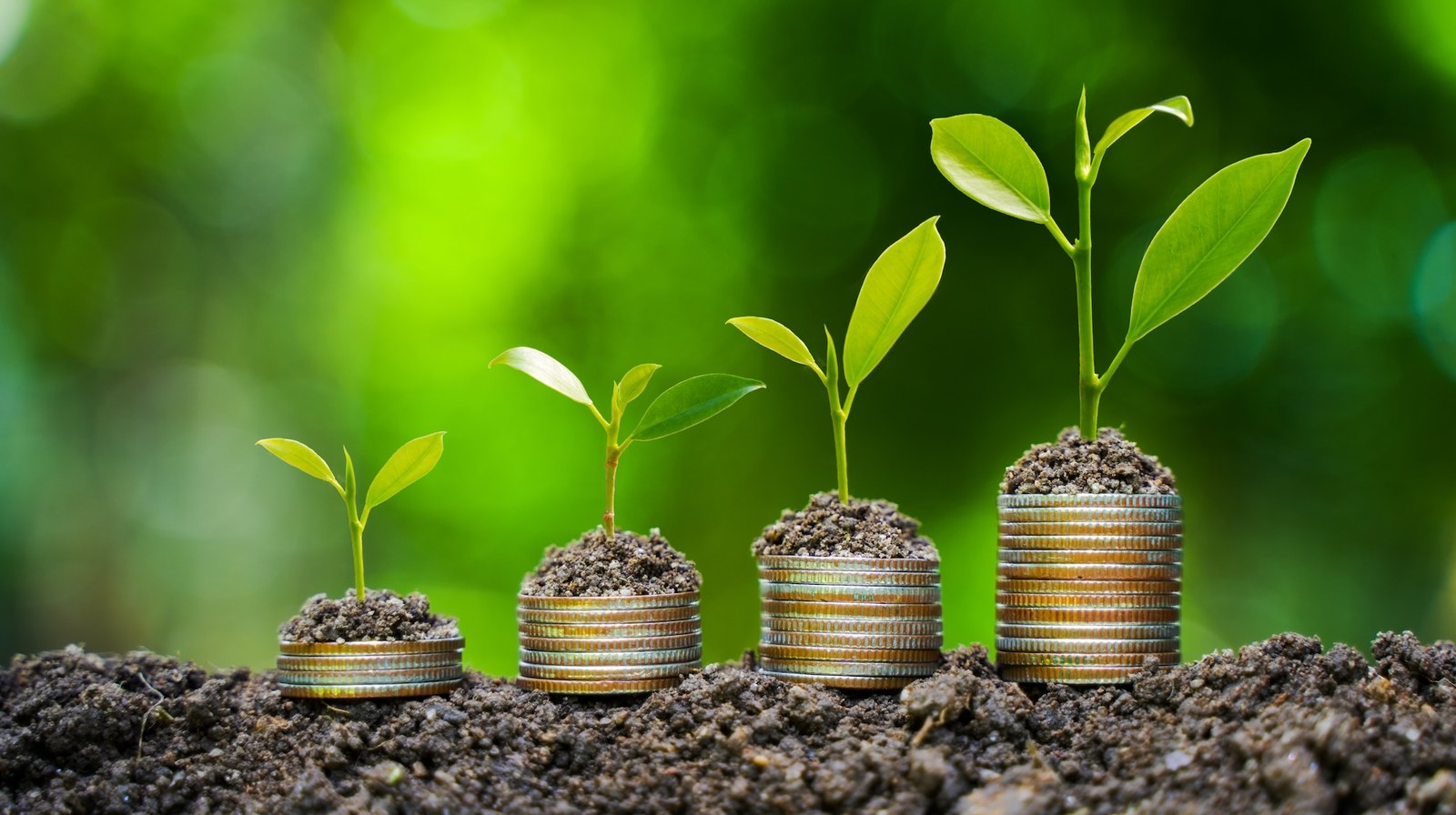Initiative on Bioeconomy

The Initiative on Bioeconomy is based on three topics: science, technology and innovation; sustainable use of biodiversity; and the role of bio economy in promoting sustainable development.
About the initiative
The discussions on the three topics will have the common goal of guaranteeing that the bioeconomy may contribute to social inclusion and the generation of decent employment in all its areas.
Science, technology and innovation for bioeconomy — There will be discussions about the relevance of knowledge, from oral traditions to the most recent advancements of modern science, to bioeconomy. The G20 members will explore cooperation possibilities to stimulate the diffusion of knowledge related to bioeconomic activities.
Sustainable use of biodiversity for bioeconomy — Similarly, there will be discussions about sustainable uses of biodiversity resources to promote bioeconomy. Special attention will be dedicated to practices that promote the development of the world’s bioeconomy and, simultaneously, contribute to the preservation of biodiversity and the fair and equitable sharing of benefits deriving from the economic use of genetic resources.
The role of bioeconomy in promoting sustainable development – There will be discussions about ways in which Bioeconomy can continue to increase its contribution to a sustainable world in the present and the future, and the role of G20 and its members in this process.
Brief history of the iniciative
Bioeconomy is an economic system that uses renewable biological resources to produce goods, services, and energy sustainably and efficiently. It represents a shift from a traditional, linear economy, based on fossil fuels and finite raw materials.
Bioeconomy includes various economic activities such as agriculture, forestry, fishing, food, bioenergy, and biotechnology. Brasil is promoting the discussion on Bioeconomy at the G20 to build a common understanding and the definition of high-level principles on the issue.